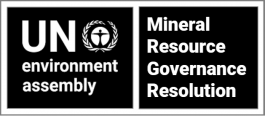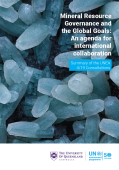
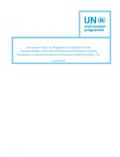
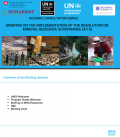
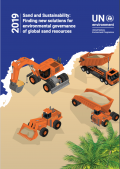
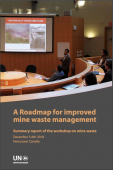
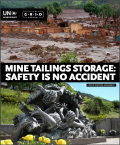
Acknowledging community concerns over the impact of tailings dam failures, such as at Mount Polley and Samarco, this report seeks to examine and explain why tailings dam failures continue to occur. It provides an accessible and balanced description of the complexities surrounding tailings dam failures, informing the global community of the issues. Sixteen years on from the 2001 International Commission on Large Dams (ICOLD) “Tailings Dams: Risk of Dangerous Occurrences” report, it gives an update on the status of reforms and provides momentum and direction for advancing the shared ambition of eliminating tailings dam failures. It also provides an overview of the key issues, using case studies to illustrate causes and consequences of tailings dam failures, the progress of reform and the need for a coordinated stakeholder response.

